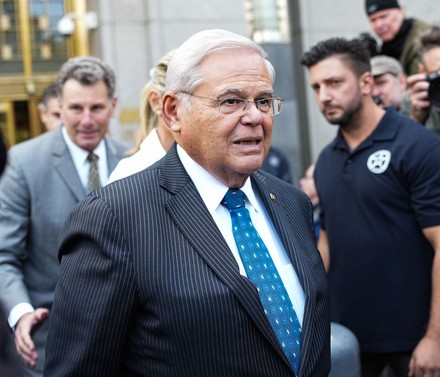The storyline in the mainstream media is that Bitcoin is too volatile to be a successful long term currency. While it is true that Bitcoin isn't as stable as the world's major currencies, it also has much smaller market and has proven its resiliency over the past few months. Yes, it has fallen over 50 percent from its $1,000+ high, but it has held relatively steady at the $350 - $500 range now, despite numerous exchange failures, media attacks and overzealous regulation in major markets like China and Russia. The story should be about a currency that is only a few years old and only just gained widespread popularity last year and how it has weathered those storms. With that being said, perception is a reality for many people and the perception that Bitcoin is too volatile still exists.
Looking to capitalize that, former CNET founder Halsey Minor is launching Bitreserve. Minor knows a thing or two about getting in on a technology in its early days, he launched CNET back in 1993. Bitreserve promises to bring one of the largest of the advantages of Bitcoin, instantaneous peer-to-peer transfers with very low cost to fiat currencies.
The plan is as simple as it is ingenious. Allow users to instantaneously transfer fiat currency of their choice using the Bitcoin blockchain. Users will take their traditional currency, be it dollars, pesos, euros, yen or something else, store it on Bitreserve's servers who will change it into Bitcoin, allowing it to be sent to anyone else on their network regardless of their currency. In this way I could send dollars to someone else in the United States while only paying the Bitcoin transaction fee. I could also send dollars to someone in Mexico, who could withdraw it in pesos after paying a small transfer fee of 1.3% to 2.7% to Bitreserve, a much lower fee than traditional money exchange and transfer services. Transfers within the same currency don't incur any fees (beyond Bitcoin's) at all which Bitreserve hopes will encourage merchants to use Bitreserve's payment system instead of or in addition to more expensive traditional methods like credit cards.
In order to minimize the alleged volatility of Bitcoin, the service will back up everything with regular fiat currencies and link that to your account. So, for an example, if I put $500 in the Bitreserve system, and the price of Bitcoin crashes, I would still have $500 worth of Bitcoin in my account. My account would be linked to how much fiat money I put in there, not how much Bitcoin it could be exchanged for at the time. Presumably, this also means that I would miss out on any potential gains in Bitcoin's price, but Bitreserve isn't meant to be an investment platform.
On one hand, it feels almost sacrilegious. As members of the Bitcoin faithful, we often talk about the follies of fiat currencies and the advantages crypto-coins like Bitcoin have over them. Watching a company bring some of Bitcoin's best features over to fiat currencies almost feels like a betrayal, but that couldn't be further from the truth. This only helps Bitcoin in the long run. If it is successful as they hope, Bitreserve will bring the advantages of crypto-currencies to people who don't want to get involved in them. It not only has the potential to increase the price of Bitcoin as scarcity increases due to Bitreserve (ideally) bringing in mainstream consumers, but also help stabilize it by offering a valuable service that isn't dependent on the price.
Since everything is backed up with fiat currencies, Bitreserve won't be dependent on Bitcoin's price for solvency and its service works the same and is just as valuable to its consumers, regardless of whether Bitcoin costs $1 or $1000. This gives Bitcoin an inherit value, making it less likely to crash down to earth, even in a worst case scenario.
Now, if you are one of those anti-banker types (and really, who isn't these days?) you might be thinking about another one of Bitcoin's advantages, decentralization, and how that fits in. It is certainly something that is lost here. Store your fiat money or Bitcoin in a central place like Bitreserve and suddenly you are getting something close to a bank. As the Mt. Gox situation demonstrated, centralization, even in crypto-currencies can lead to fraud, incompetence or both.
Considering Minor's well documented fall from being called one of the “Masters of the New Universe” by Forbes to filing personal bankruptcy due to a 2:1 debt to asset ratio, questioning his money management skills isn't unreasonable. In order to combat that, Bitreserve plans to use Bitcoin's traceability to make the exchange completely transparent, something they are calling “a public, traceable proof-of-solvency” that will assure customers that Bitreserve has the bitcoin it says it does. Additionally, the company plans to bring in accounting firm PricewaterhouseCoopers to publicly audit the company's finances every quarter.
Innovation and investments are flooding into the digital currency space at a tremendous pace. Companies like Bitreserve that help bring in mainstream adopters in an easy to understand way while providing them with a valuable service holds great potential. Bitreserve is currently in a private beta, you can sign up for it at its site: Bitreserve.org.










